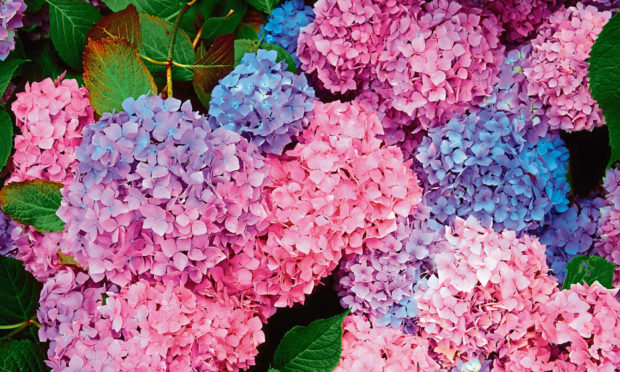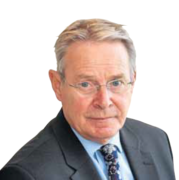I watched as a young mother with her baby knocked on a door for help and waited anxiously.
Through a window I could see an older woman inside unlock the door and slide it open cautiously by just a few inches. After a brief conversation through the gap the older woman closed and locked the door again before disappearing inside.
She reappeared shortly afterwards and went through the same cautious process with the woman outside, who was still waiting. Woman and baby then headed off – she was seeking medicine.
I might have been watching a war zone in a film scene where normal life has been turned on its head. But this was for real and I was outside our local GP practice, which was in coronavirus-induced lockdown.
She was seeking a repeat prescription, which is one of the most basic tasks in any practice, but even that was under a strict safety process.
I found it an extraordinary sight – bordering on the scary. I am not suggesting it is wrong given the current public health nightmare but it’s so alien to our way of life.
Calm heads are required because a “pandemic of panic” is as dangerous as coronavirus itself.
I was comforted from my earliest memories by family doctors. They were always there for me – no matter how trivial or serious it appeared. But I knew the GP’s door was always open. Now it was closed.
It was a chilly Monday morning last week and my nose was pressed to their front-door window in Aberdeen. I was with a small gaggle of patients staring at each other in bemusement.
Apart from the woman and baby, two of us wanted to know if our appointments were going ahead, another older gentleman was anxious to pick up a prescription while a young woman had an attack of sinusitis during the night and needed help.
I knew something was up because I received a worrying text from my practice at 7.10pm on Friday. It informed me that a triage system was being put in place and all appointments would now be conducted by phone initially to assess urgency.
It sounded like war – I suppose it is. Battlefront casualties are prioritised as well.
What I didn’t realise was that there would be a physical barrier. A friendly receptionist tried to explain it all to me over the phone, as I sat outside in my car a few yards away.
They are a wonderful bunch of doctors and nurses at my practice and I am missing the usual open-door contact.
All was not lost. A doctor rang me later to put my mind at rest in their normal calming manner. Urgent and top priority appointments were going ahead and someone would unlock the door to let people in, she said. Crucially, doctors were maintaining telephone contact with worried patients. So it was reassuring up to a point and reminded me that our medical staff must be protected, too. We must trust in our doctors and scientists in what will be our “darkest hour”, a phrase coined by Churchill as Hitler was trying to invade.
The coronavirus crisis is like war, after all, and an incredible challenge for a new prime minister. Scientists and medical experts come into their own in these life-or-death situations.
We feel like sitting ducks in the path of an invisible killer for those most at risk but I believe we must trust expert advice given to the UK Government and devolved administrations.
I agree with a P&J letter writer a few days ago who despaired at constant “doomsday” messaging among broadcasters.
I watched two presenters talking about the crisis and it looked like they had been dropped into a bath of coronavirus. Every inch of the studio backdrop was covered with a garish red image of the bug moving about.
On another national news channel, a presenter asked a child expert how parents could protect their children from anxiety over the bug.
“Switch the television off,” she answered. How ironic – and true.
You can add ranting from overblown presenters, whose egos are blurring the overall picture.
Humour is great for our health, so I love all the television ads between bulletins for holidays we can’t go on. Is it any wonder people are scared stiff? But loathsome panic-buyers are something else – “the worst of human nature”, said one frazzled shop worker.
Spare a thought for staff in food shops, who don’t have the luxury of working from home or going into lockdown. They face health risks every day without any personal protection and see more people at close quarters in a day than any medics.
We are battening down the hatches, to coin an old naval phrase, and hope the big bad wolf outside goes away.
A hugely inspirational old phrase is “Hope springs eternal in human breast.” It was written by 18th Century poet Alexander Pope, who was no stranger to some terrible afflictions himself.
Looking out of my kitchen window as I write, the garden is bathed in sunlight.
The hydrangeas are covered in fresh young leaves and our resident robin is fussing about with nesting and mating arrangements.
Yes, despite the merchants of doom, I still have high hopes for the future – and the sight of sunlit uplands somewhere ahead.

